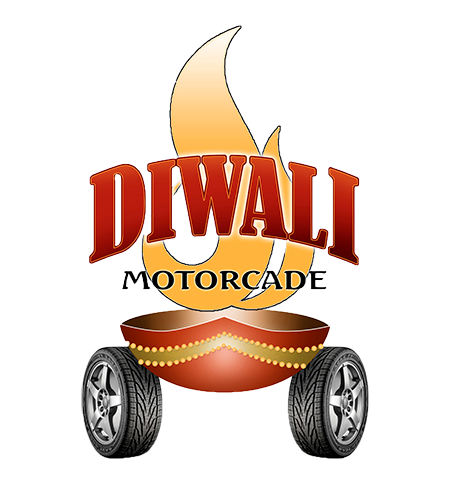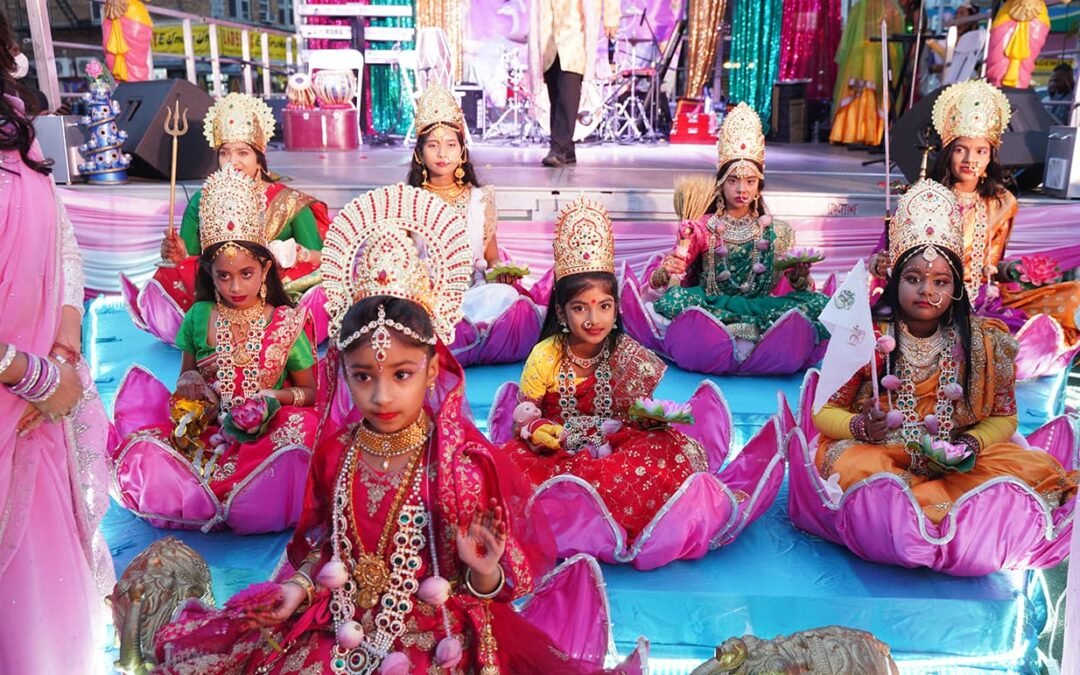 On , Liberty Avenue in South Richmond Hill—better known as Little Guyana—glowed like a river of light as the Diwali Motorcade rolled through Queens. Families lined the sidewalks with phones raised and palms pressed, elders brought grandchildren to “see Diwali in the streets,” and shopkeepers stepped out to watch a procession that turned cars, pickups, and flatbeds into rolling shrines to the triumph of light over darkness.
On , Liberty Avenue in South Richmond Hill—better known as Little Guyana—glowed like a river of light as the Diwali Motorcade rolled through Queens. Families lined the sidewalks with phones raised and palms pressed, elders brought grandchildren to “see Diwali in the streets,” and shopkeepers stepped out to watch a procession that turned cars, pickups, and flatbeds into rolling shrines to the triumph of light over darkness.
Informal rules of thumb—originality, devotional theme, craftsmanship, crowd engagement—circulated among volunteers and onlookers, and a beloved tradition added another layer of pageantry: children and teens dressed as gods and goddesses, personifying Lakshmi, Saraswati, Krishna, Rama, and Sita with shimmering silks and jeweled crowns. When congratulatory posts later named float winners, it simply confirmed what the sidewalks already knew: the motorcade is as much about who shows up as it is about what rolls by.
If the floats were the moving canvas, the performances were the heartbeat. A rotating schedule kept curbside stages lively: Tassa troupes laid down brass-rim thunder that is the Indo-Caribbean pulse; classical and semi-classical dancers shifted from precise mudras to airborne spins; film-song medleys turned patches of concrete into spontaneous dance floors. Bhajan singers drew call-and-response choruses that folded the crowd into the program, while a sitar segment threaded quiet through the noise just long enough for the street to catch its breath.
 By evening, Liberty Avenue had become the phrase you hear every year and still mean: a festival of lights from curb to curb. Vloggers streamed from the crosswalks; neighborhood pages posted montage reels; and organizers’ channels filled with walk-throughs of crowds and incense-ringed stages. Footage can’t fully render the multi-sensory rush—the snap of Tassa skins, the sugar bloom of mithai, the cool snap of an early November breeze over a warm crowd—but it does underline the point: the Diwali Motorcade is a collaboratively produced, community-owned tradition.
By evening, Liberty Avenue had become the phrase you hear every year and still mean: a festival of lights from curb to curb. Vloggers streamed from the crosswalks; neighborhood pages posted montage reels; and organizers’ channels filled with walk-throughs of crowds and incense-ringed stages. Footage can’t fully render the multi-sensory rush—the snap of Tassa skins, the sugar bloom of mithai, the cool snap of an early November breeze over a warm crowd—but it does underline the point: the Diwali Motorcade is a collaboratively produced, community-owned tradition.
With the Divya Jyoti Association out front and civic partners helping amplify, the logistics of permits, stages, and safety become manageable without losing the homemade feel. When the last float rolled and families began the slow, glowing walk home, the night left the same trace it leaves every good year: a reminder that in Queens, Diwali isn’t confined to temples or living rooms—it is celebrated in the streets.

